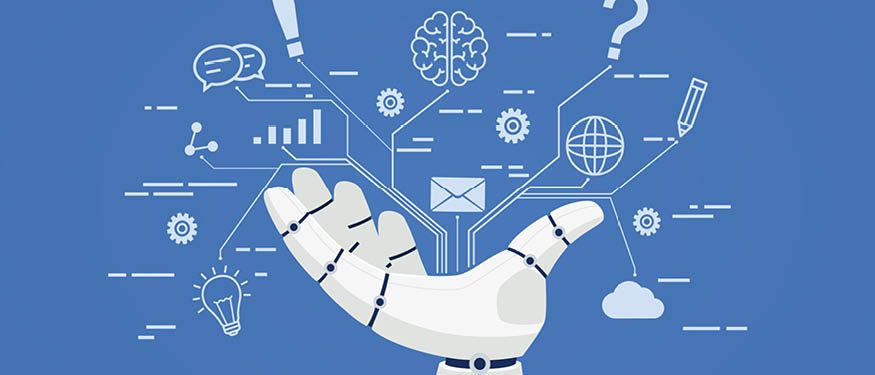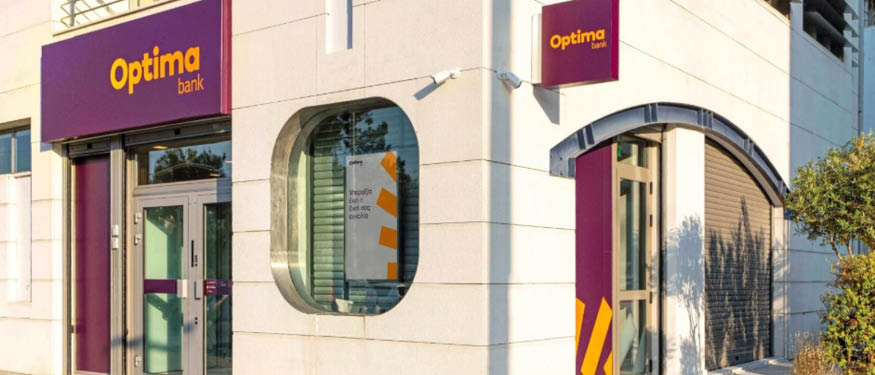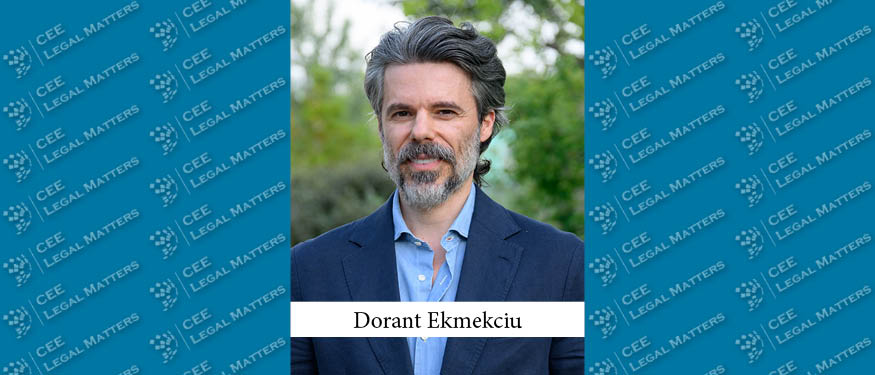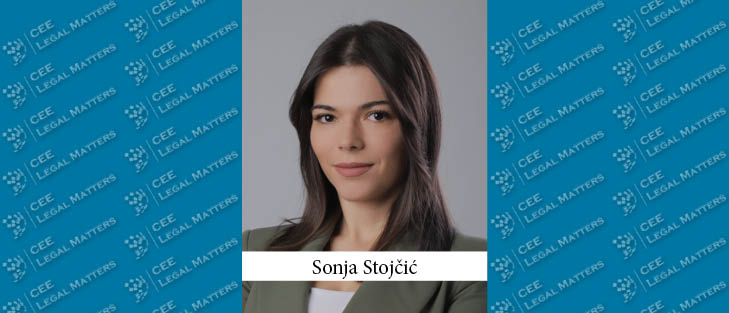While Lithuania is registering an overall slowdown in M&A transactions, the renewables, technology, and healthcare sectors remain dynamic, according to Ellex Partner Ruta Armone.
"Lithuania’s M&A landscape is interesting," Armone points out. "Last year was a record-breaking year in terms of large M&A projects, but this year we have a bit of a slowdown – we are going back to 2020 levels. We are still busy, with the top sectors being energy and renewables, technology, and healthcare." According to her, "one area with fewer M&A activities is manufacturing, maybe except for high-technology lasers, pharmaceuticals, and biotechnology. The reasons for that are global trends and macroeconomic factors, such as inflation, uncertainty, and high-interest rates."
"Initially, this was related to the war in Ukraine, but probably not anymore," Armone explains. "Some projects were suspended or terminated, but the activity resumed in the next few months. However, some of the big infrastructure projects still remain on hold." In general, she notes, "there are fewer large transactions, but rather medium-sized ones. Investors are still interested, however, the demand is not that high and the process of negotiations is more structured."
According to Armone, the circumstances are different when it comes to renewables. "Wind and solar parks are very attractive targets in Lithuania nowadays, and whenever there is a new project on the market, competition is high as everyone wants a piece of it," she notes, adding that, unlike regular M&As, renewables are sold at early stages, even before they are ready to be built. "Oftentimes, the sellers sell the company but continue developing projects until it becomes operational," Armone points out. "In addition to what’s typical for M&As, energy transactions include provisions for project development and environmental considerations, so these are more complex transactions, especially when they take place at an early stage."
Armone highlights that Lithuania is preparing to launch the first auction for a 700-megawatt Baltic offshore wind park in September 2023. "The first auction will have some state subsidies, while the second auction for another 700-megawatt offshore development most likely will not get governmental support," she says. There are a few joint ventures intending to bid in the auction, one of which is Polenergia which entered into a joint venture with GreenGenius to join the bidding in the first auction for the offshore park. Everyone is looking forward to this, as the project will also ensure Lithuania’s energy independence."
"We are still dependent on energy imports, which is why the government is also trying to help developers to develop local energy sources," Armone continues. "In July there have been some changes in legislation on renewables, allowing for some restrictions to be lifted and for the project development to become quicker. The sector will likely remain very active in the future."
Armone also highlights that there have been large transactions among technology companies. "Our second unicorn – Nord Security – recently attracted Novator Partners as an investor," she says. "The financing round led by Novator Ventures amounted to USD 100 million and is a good development for the startup ecosystem in the country. Lithuanian fintech company Kevin recently also attracted USD 65 million dollars, which is the biggest Series A transaction in the Baltics, and the company is on track to become a unicorn." According to her, there is also a consolidation trend in Lithuania’s life science market – Invalda, for example, is buying private clinics and now has a big portfolio of both medical and dental clinics. "Overall, while we are missing last year’s massive deals, our M&A landscape still shows the country’s huge potential," Armone concludes.














